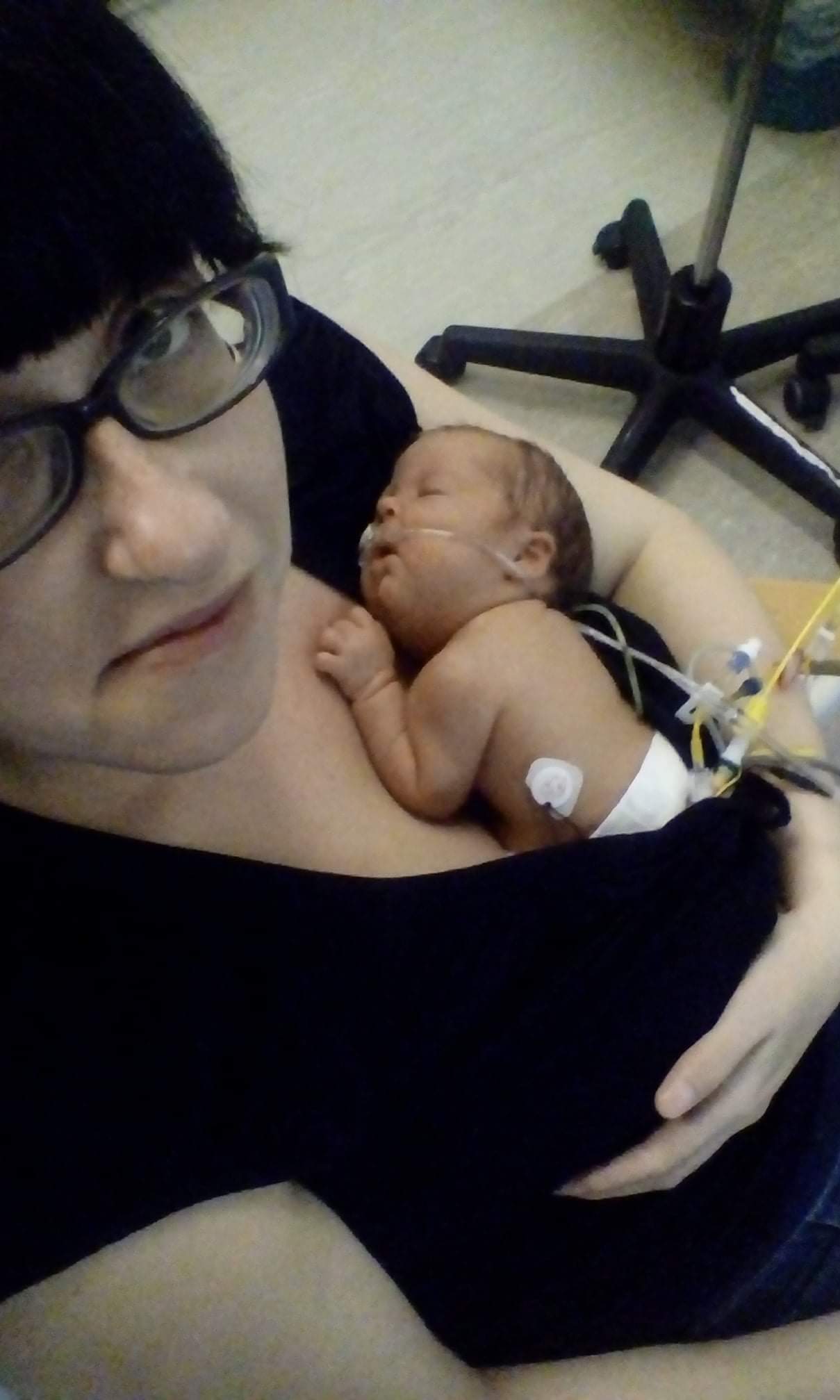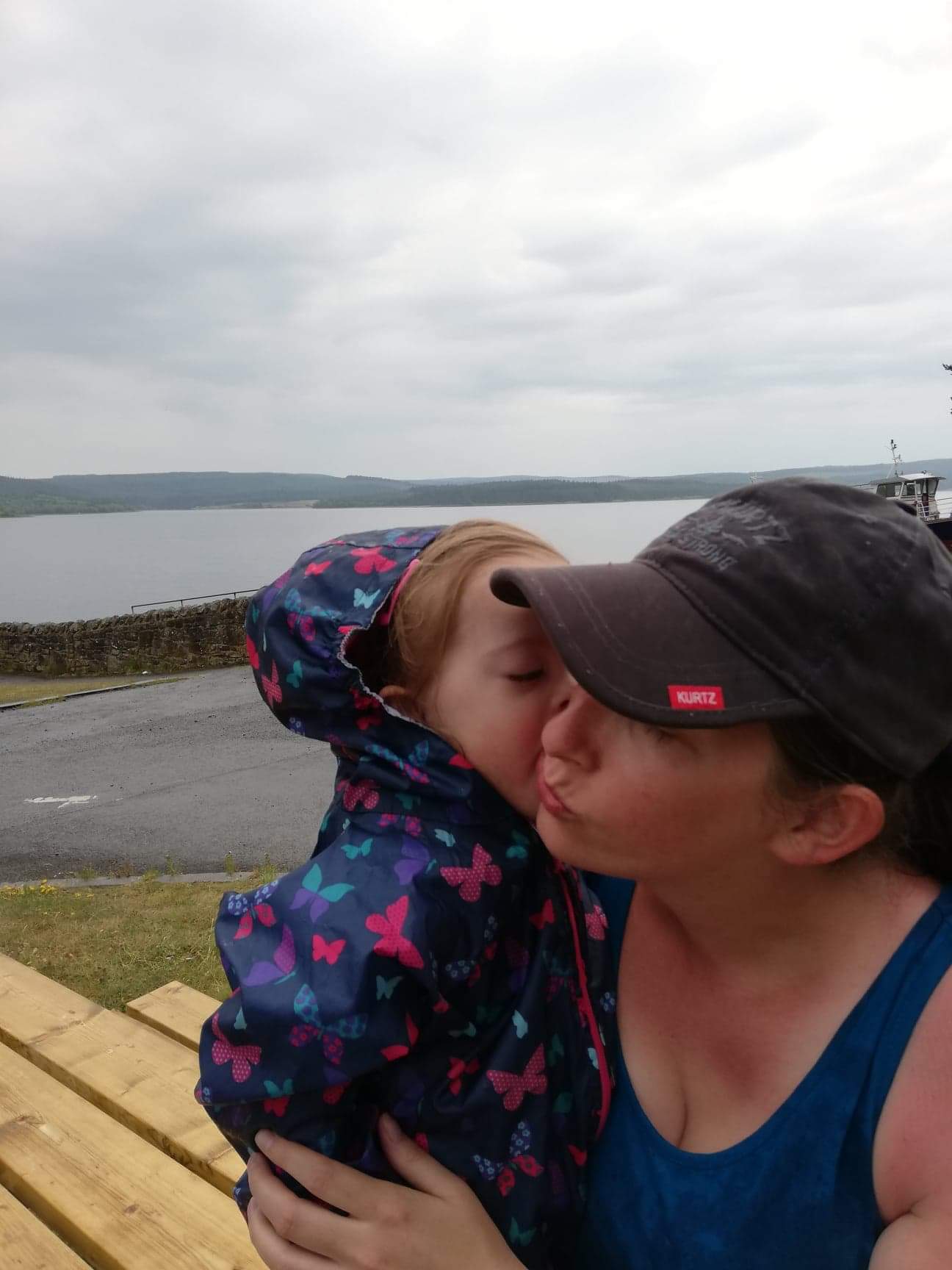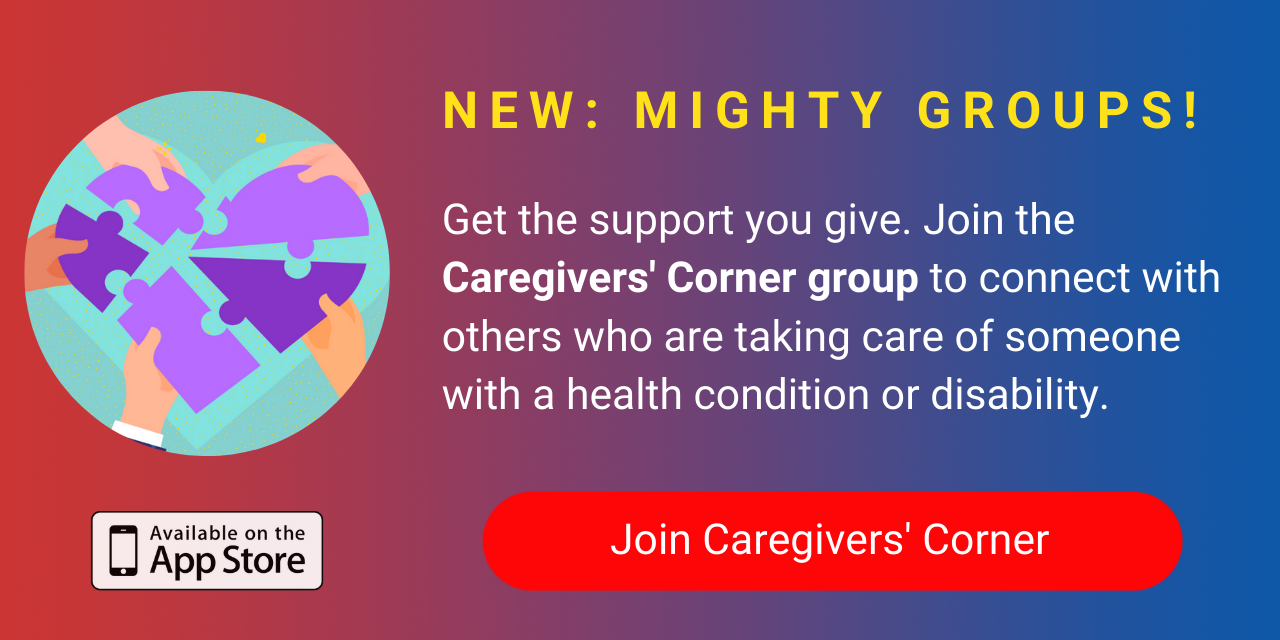In 2016, the Learning Disabilities Mortality Review was created as a response to the findings that people with learning disabilities were dying prematurely. The government response to the LeDeR report was published in February 2020, was rapidly followed by the coronavirus pandemic and has perhaps not been given the attention it deserves. It states that “through LeDeR we are revealing and challenging the often deep-rooted systematic and cultural issues that exist within the health and social care system that prevent people with a learning disability accessing the high-quality care they deserve.”
The review has previously highlighted DNAR (do not resuscitate) orders being issued for people with a learning disability and the need for mandatory staff training on learning disability. Our government recognizes that we need to “act now to address glaring inequalities.” The LeDeR investigations into every death of a person with a learning disability, and examining whether the culture of negative bias in our healthcare system has created factors leading to mortality, is a welcome move for families like mine. When I take a step back and look at my daughter’s care, provided by the NHS, I see the bias embedded in our healthcare system. And this bias, ultimately, leads to Betsy having fewer human rights than people without a learning disability.
That’s not something I am willing to settle for.
It’s a hard pill to swallow for medical staff to have to look at their own practice and examine how their normalized bias is affecting how they operate. I have experienced anger and ridicule from NHS staff when I have previously raised this issue. I have had comments that the LeDeR report is unnecessary, outright denial that prejudice exists and even comments that the treatment we experienced was in our best interests. As a teacher, I am used to reflecting on my practice, highlighting areas for improvement and changing to make myself better. I don’t take criticism of issues within my profession as a personal insult, they are used as a learning opportunity to improve practice. This barrier, of refusing to even entertain the idea that people with learning disabilities are being discriminated against is a major stumbling block in the aims of the LeDeR. How can things change for the better if medical professionals won’t engage with recommendations?
My daughter is almost 3 years old, and even before she was born, we experienced prejudice from doctors, nurses, midwives and healthcare staff towards her. My daughter has Down syndrome. In 2019 I learned that 19 patients had died between 2016-18 after Do Not Resuscitate Orders had been issued, with the reason stated for withholding medical care as “Down syndrome” or “learning disabilities.” Doctors were given a warning that learning disability is not a reason to issue a DNAR. As a result, I ordered Betsy’s entire medical notes and checked them thoroughly. No mother should have to trawl through paperwork on her child to check that she hasn’t had her right to life removed.
Let me detail the embedded prejudice that Betsy has experienced from before birth.
The first incidence of bias I can recall is when I was 29 weeks pregnant and a scan revealed Betsy had duodenal atresia and markers that indicated Down syndrome. I was asked if I wanted to have an amniocentesis performed to find out if she did have DS. I agreed to the procedure, a decision I feel immense guilt about now, not to mention horror at the danger she was put in. You see, I had been given two massive doses of steroids in the 24 hours leading up to being asked to make this decision. The drugs affected my ability to assess the danger to my baby from the amnio. I was not in a fit state to consent to a procedure that carries a risk of miscarriage and yet a form was placed in front of me, which I signed, while not being able to fully comprehend the consequences. Betsy’s life was put in danger at this point. Why is that? Is it that the lives of unborn babies with Down syndrome are valued as less worthy than others?
Following this test I was admitted to hospital to be monitored. During this time I chatted with some of the midwives and nurses about Betsy. I explained there was a possibility she has Down syndrome and that I wanted to find out a bit more about if the condition would impact on breastfeeding. I was told by one member of staff that “Down’s babies don’t breastfeed” and another stated that my baby would be a “child for life.”
I was shocked and sickened by the ignorance. What do you think the impact would have been on Betsy if I hadn’t already had an awareness of the high capabilities of people with Down syndrome, as a result of my career? I probably wouldn’t have breastfed Betsy, which would have been detrimental to her recovery from duodenal atresia surgery and weakened her immune system. I probably wouldn’t have had such high aspirations for her and maybe I wouldn’t have engaged with early intervention education to support her development. There is a knock-on effect on a child’s development of being told incorrect information by people who have no training in learning disability and who have a distinct lack of awareness about how their own prejudice is affecting their practice.
The way we were given the diagnosis was appalling. The consultant told us that the amniocentesis confirmed Betsy had Down syndrome and then after a short pause I was then told “You can still have a termination.” I was 7 months pregnant and had already stated my wishes multiple times that I did not ever want to consider that. I was given overnight leave and encouraged to go home and think about it. To think about my daughter, who staff referred to as Betsy, a tiny person, having a lethal injection into her heart to kill her so I could give birth to her dead body. I still have PTSD from this experience. This dangerous, prejudiced view from fetal medicine consultants and midwives countrywide, that presents to families that termination is the first option after a diagnosis of Down syndrome is unspeakable. My experience is reflected in the stories of thousands of other women in the U.K.

Betsy was lucky that, despite the tornado of negativity towards her, I held firm to my own professional knowledge of Down syndrome. I’ve always been proud of my qualifications and experience in teaching people with learning disabilities and it has been a passion since I was 18. Yet, even I felt that the medical staff I encountered were asserting their own opinions, prejudice, ignorance and antiquated views over, not only my higher level of experience and knowledge of Down syndrome but over my wishes as a mother.
This became evident when we were called for another meeting. The consultant wanted to ascertain, yet again, that I did not want to have a termination. I stated, yet again, that I did not want to consider this. This was the last time they asked me, but the horror of that period in time will never leave me. The pressure to think about having an abortion, the effect on a pregnant woman of hearing consultants talking about killing your baby, the imagery in your mind associated with this has lasting damage.
To compound the prejudice further, the consultant who did my daily ultrasound scan started referring to Betsy as “the fetus” after she had been given a diagnosis of Down syndrome. Previously referred to by staff as “baby” or “Betsy,” she was stripped of her humanity as a result of her having an extra chromosome.
So we can see that even before Betsy was born I encountered multiple examples of dangerous bias from a range of NHS staff. Each one of these incidents put her life at risk or has the effect of reducing her level of care and opportunity in life. I sound clinical writing all this out, but make no mistake, it causes me immense pain and fear to recall how my daughter’s life was disregarded so readily.
These few examples only really touch upon the overwhelmingly prejudiced attitude to Down syndrome that is presented to you as “fact” when you are expecting a baby with Down syndrome.
The prejudice Betsy experienced before birth continued in the years that followed and still exists today. There is a danger in the question parents are continually asked by healthcare staff, “What is normal for your daughter?” How do I even begin to unpack this? I understand that parental perspective is vital to triage and we can provide information on our children that is unique in nature. Yet, this question can lead us down the route of ignoring symptoms, treatment being delayed or withheld and our children ending up doing poorly as a result. When you care for your child for 24 hours a day, 7 days a week changes that happen, for example to respiratory function, happen gradually. We might not necessarily notice the change and therefore the new level of breathing becomes normality.
An example of this is that Betsy has ended up in A&E many times with chest infections that have become severe. Following advice that chest and neck recession is emphasized by low muscle tone, caused by Down syndrome, and can appear worse than it represents inherent bias. This is disregarding a symptom and passing it off as a result of the condition. This is diagnostic overshadowing. It is particularly dangerous and has led to Betsy developing pneumonia in the past after a chest infection went untreated too long.
The same applies to only allowing her oxygen if her levels fall below 88, when the national recommendation is 92 or 91. One particular incident was when Betsy was refused oxygen by the hospital when saturating at 88 constantly. This was because she had a respiratory infection. I asked the nurse if she could administer oxygen when Betsy’s levels fell to 90. I had been concerned that her oxygen monitor hadn’t alarmed and called for help, where I was informed it would only alarm if she fell to 87. I asked if this was policy? I believed it was 92 from her last admission. The nurse said it wasn’t and she didn’t understand why the decision had been made to do this.
She said she believed Betsy would be experiencing a headache and chest pain as a result. She made the decision to treat Betsy with oxygen and went away to inform the consultant. She then returned and turned the oxygen off, saying she was not authorized to give it. She apologized to me. After raising a complaint, the consensus from the hospital was that children with Down syndrome saturate lower and they believed Betsy would end up “stuck in hospital” on oxygen if they allowed her to have it in the same way other children do.
In reality, Betsy’s oxygen saturation is completely unrelated to Down syndrome. She had a respiratory infection which is why they were low. When she is well, Betsy breathes perfectly well and saturates at 98/99! This is also diagnostic overshadowing. As a result, Betsy was subjected to days of hypoxia. She suffered the effects of a bad respiratory infection without supporting oxygen. It is her human right to access the same medical care as everyone else.

It is exhausting to relive and write out each incident of inherent bias Betsy has been subjected to within the NHS. I haven’t even touched upon many areas. I could write a 10,000-word dissertation on the past three years if I had the time. My point is that the government response to the LeDeR report of 2020 that highlights the importance of addressing bias within the NHS is a reality in our lives. We are constantly on guard. We double-check the treatment she is prescribed is in line with policy. We have the learning disability team on call. We question. We find it hard to trust healthcare professionals. We carry a hospital passport with relevant human rights legislation detailed on it so we are prepared in the event of Betsy needing treatment.
We would like the luxury of knowing that our daughter will be treated with respect, have her dignity upheld and be given access to the same medical care as everyone else, regardless of her having Down syndrome.
Betsy is a human being who requires you to treat her as an individual, not as representative of historical medical assumptions about Down syndrome. She requires you to take a step back and assess your own views on Down syndrome. Ask yourself where you got those ideas? Is your view of the condition informed by outdated medical information, historical prejudice and/or people who have no true understanding of it? Is it based in equality? Do you talk about the condition first and then the person? Do you have limits in your own mind of what you think that person can achieve?
If any of these apply, you may need to accept that you have biases you may not even be aware of. We’re all a product of the society we grew up in, and that was a society where people with Down syndrome were locked away in institutions and given fewer rights than animals. It takes perception, evaluation, and the willingness and courage to accept that your own mindset is not right. It takes a big person to admit they need to change their way of thinking and improve their practice.
Be brave. Challenge your own perceptions. Change your behavior. Let us all work together to address the “glaring inequalities” people with learning disabilities experience. Betsy deserves better.


